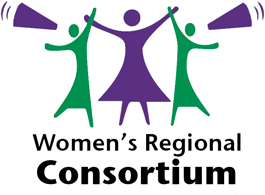The Department for the Economy launched a consultation on a Skills Strategy for Northern Ireland with the ambition for a decade of innovation which aims to deliver a ten times better economy with benefits for all people. The objectives are to address skills imbalances, create a culture of lifelong learning and enhance digital skills.
Siobhán prepared a Consortium response to this consultation welcoming the identification of the need to address gender inequalities in STEM and the need to invest in skills particularly for those who are the most marginalised. However, the consultation was heavily focused on digital skills and STEM to the exclusion of other sectors. The Women’s Regional Consortium response focused heavily on the need to invest in care as a means to promote gender equality and have positive impacts on our economic, societal and environmental wellbeing.
The Consortium response also detailed the critical importance of the education and training provided by the community and voluntary sector and noted our disappointment that this had not been included within the Skills Strategy. There is no government funding allocated to the community-based education and training provided by the Women’s Centres and broader Consortium. Instead the women’s sector has had to rely on funding from the EU and from other charitable organisations/funders to provide this important work.
These education and training services delivered locally by community organisations such as Women’s Centres are vital to tackling disadvantage and promoting gender equality. These services which support statutory provision are the most cost effective way of ensuring that local needs are effectively met and ensures the best outcomes for the communities they serve. The Consortium’s consultation response called for much greater value and investment to be placed on these unique and trusted services.
The final Consortium’s submission to the Consultation is available here

